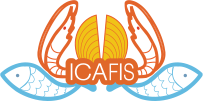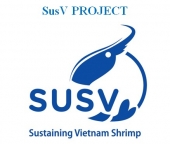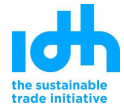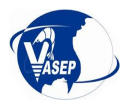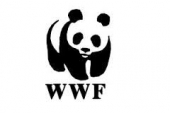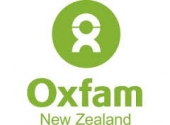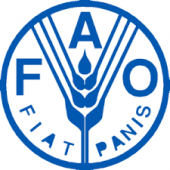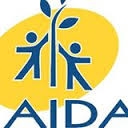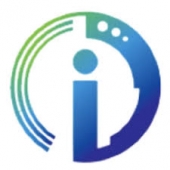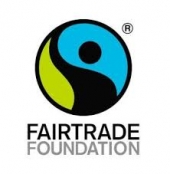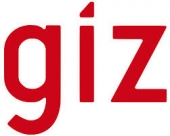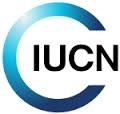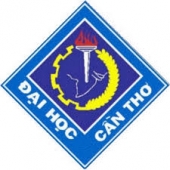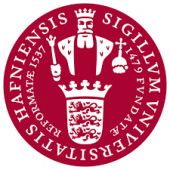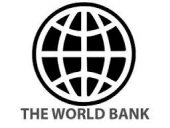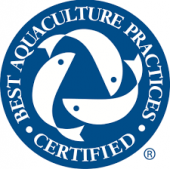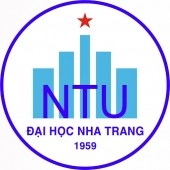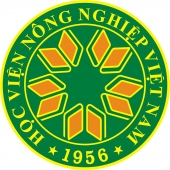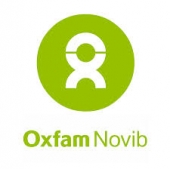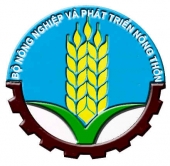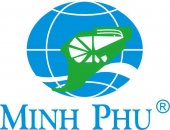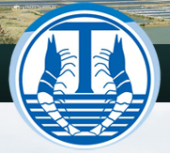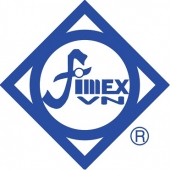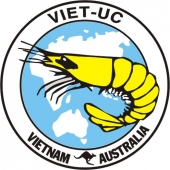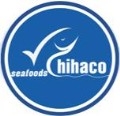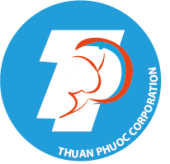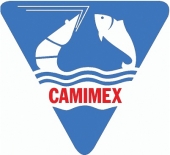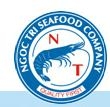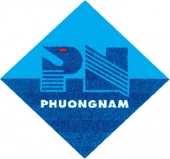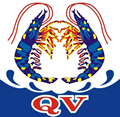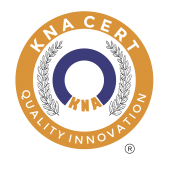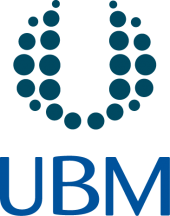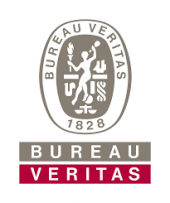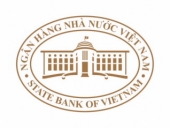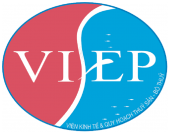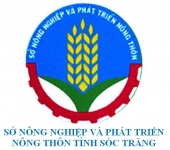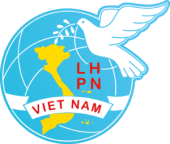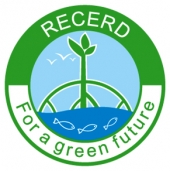Social responsibility and product quality are vital to increase the competitiveness of Vietnam’s fisheries sector, said Nguyen Viet Manh, Head of D-FISH’s Scientific, Technological and International Cooperation Department at the workshop on improving social responsibility in Viet Nam fishing supplying chain organized by the International Collaborating Centre for Aquaculture and Fisheries Sustainability (ICAFIS), the Vietnam Fisheries Association and Oxfam Vietnam in Ha Noi on 15th July.
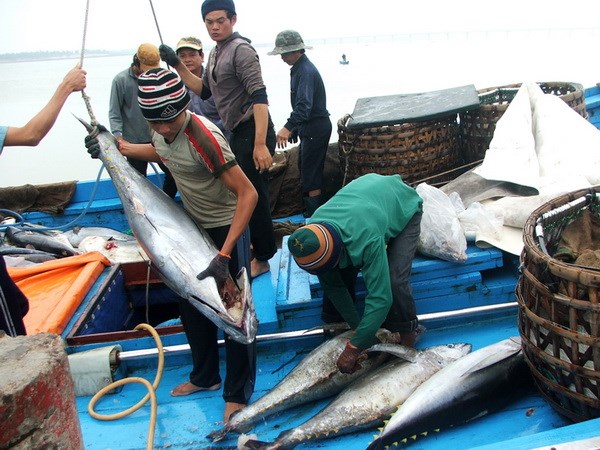
Also, he noted that social responsibility will not only benefit the sector but also ensure sustainable development and help balance between economic growth and environmental protection.
Besides significant achievements, the fisheries sector has been facing challenges such as environmental pollution, overexploiting, food safety, social security, rights and benefits of labours.
Currently, foreign consumers are requiring numerous certified standards of social responsibility on Vietnamese seafood products such as SA8000, BSCI, COSTCO, SMETA, METRO, WALMART, BAP, etc. However, these standards are applied by only about 30 percent of processing factories, aquaculture and some contents of GlobalGAP, VietGAP’s criteria (nearly 10 per cent households). In the context of globalization and international integration, businesses that do not abide by social responsibility cannot approach foreign markets.
With the support of Oxfam Vietnam, the International Collaborating Centre for Aquaculture and Fisheries Sustainability (ICAFIS carried out research on practising social responsibility of fishing in Viet Nam. This has been implementing in Hai Phong city, Nghe An, Kien Giang, Ben Tre, Khanh Hoa and Binh Thuan provinces.
Results showed that resources are on the decrease while fishermen are striving to fishing. Additionally, GAP has not been applied in fishing and ship owners’ responsibility for labor was not corresponding. Besides, links among fishing supply chain was poor, leading to a loss in fish production (nearly 30 per cent).
As a result, ICAFIS is working on a draft code of principles on practising social responsibility in fishing chain in Vietnam, according to ICAFIS Director Le Thanh Luu.
Hồ Điệp
ICAFIS - Corporate social responsibility in fisheries (CSR)
